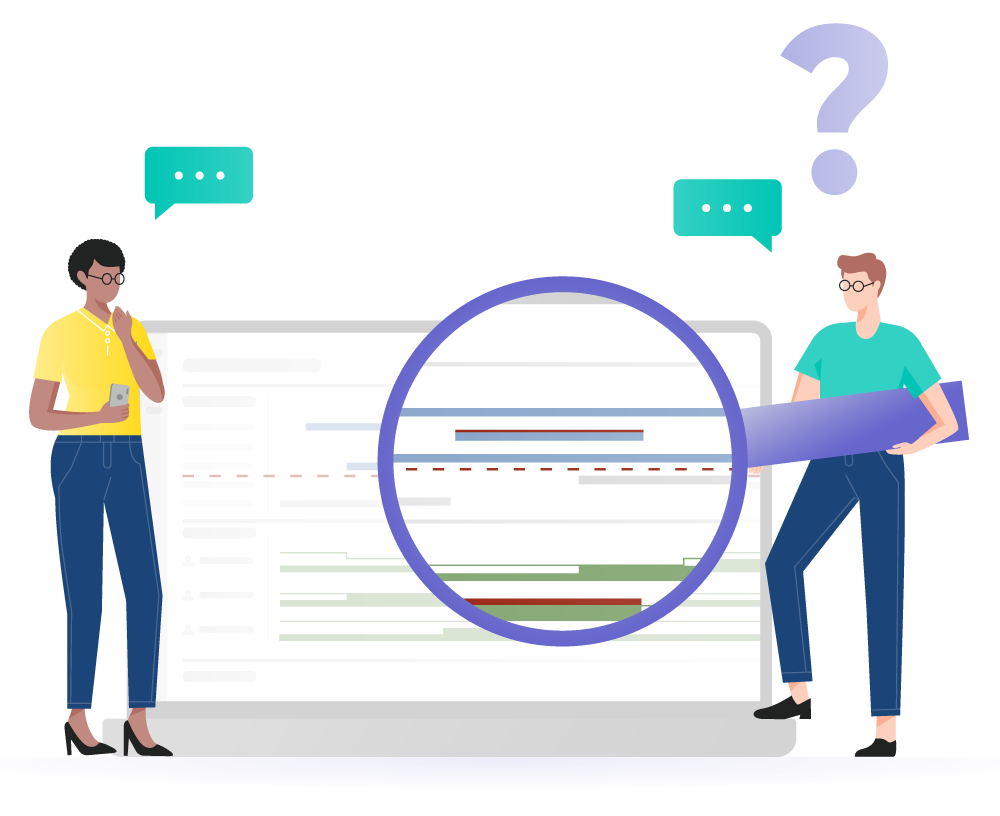Listening Intelligence is the knowledge that no listener hears all that is said, and they are filtering information according to their listening styles. To improve team synergy, I introduced the ideas behind Listening Intelligence in this webinar.
When project leaders understand their own filtering habits and those of others they interact with, they can then focus on strategies to improve conversational outcomes. Watch the webinar for some of these strategies along with helpful listening tips and tools for better communication.
You can use different strategies for different coworkers based on their listening styles. This will improve your project leadership skills when it comes to listening, collaboration and influence.
In this blog post, we will explore how your listening style affects how you:
- listen to project viewpoints,
- collaborate as a project leader,
- and influence project actions.
Your Listening Style
Listening to Project Viewpoints
In the webinar, we detailed four listening habits of the ECHO Listening Intelligence system. We can develop our listening skills with various strategies depending on what our prominent style is.

As a people-oriented listener, Connective or Reflective, you’ll tend to focus on stakeholder impacts. This includes both future stakeholder impacts and/or the history of how something has worked before for stakeholders. As you expand your presence as a leader, be sure to also pause and look at the data stories, the sources of information and the relevant details to facilitate the desired outcome.
On the information side, Analytical or Conceptual listeners tend to gravitate toward information that goes into the details of their interests or that inspires them to future possibilities. To expand your range of input, use checklists or reminders to make sure that you are paying attention to stakeholder insights and relevant lessons learned.
And no matter what your dominant listening habits are, you can adapt your listening to the situation at hand:
- Updates: Is the project leader or stakeholder asking you to assimilate content like project or portfolio status? Take notes and, if needed, take time later to review meeting minutes and outcomes.
- Interactions: Are you being invited to give feedback or problem solve? Listen for the main point and keep your contributions concise and focused on the topic.
- Requests: Are you being asked for help? Listen for the context of the decision or request and ask clarifying questions if needed to make sure you and the speaker are in agreement on the nature of the request.
Honing Your Listening Skills
Collaborating as a Project Leader
Imagine if you were clued in on each partner’s listening habits and you could understand how to keep one focused, another from interrupting the agenda with their interests and another from disengaging.
Clarity is a leader’s best friend in collaboration. Coming to agreement may take some concentrated effort, especially in the storming and forming stages. However, if you use the listening intelligence strategies from your profile, you’ll have better ways to arrive at an understanding of each partner’s perspective on the needed roles, purpose, and process for successful collaboration outcomes.
For your part, some of those strategies might be to speak up, speak up sooner or to observe others’ response to you. Your awareness of your tendencies can help point you to what to observe, or to do more or less of.

Understanding Others
Influencing Project Actions
When you are communicating to others in a one-off or transactional situation where you are influencing project leaders (within the organization or not) to take action, take a cue from listening intelligence and make sure your communication is:
- vetted with credible sources/data.
- incorporating lessons learned/team experience with this topic.
- targeted and concise.
- inclusive of stakeholder insights.
- touching on a vision of future relevancies.
- repeating the key point multiple times in multiple ways to increase chances it is heard.

To build up long term influence, commit to strengthening your listening skills for all styles of listeners:
- Practice employing the tools you learned in your listening profile.
- Engage an accountability partner for implementing listening improvement strategies.
- Include listening in your performance goals.
- Coach your direct reports in better listening.
By improving your communication skills, you’ll find it easier to develop rapport, establish a leadership presence, express your engagement and set a positive example – all which helps you improve the effects of your influence and bring out the best in your colleagues.



